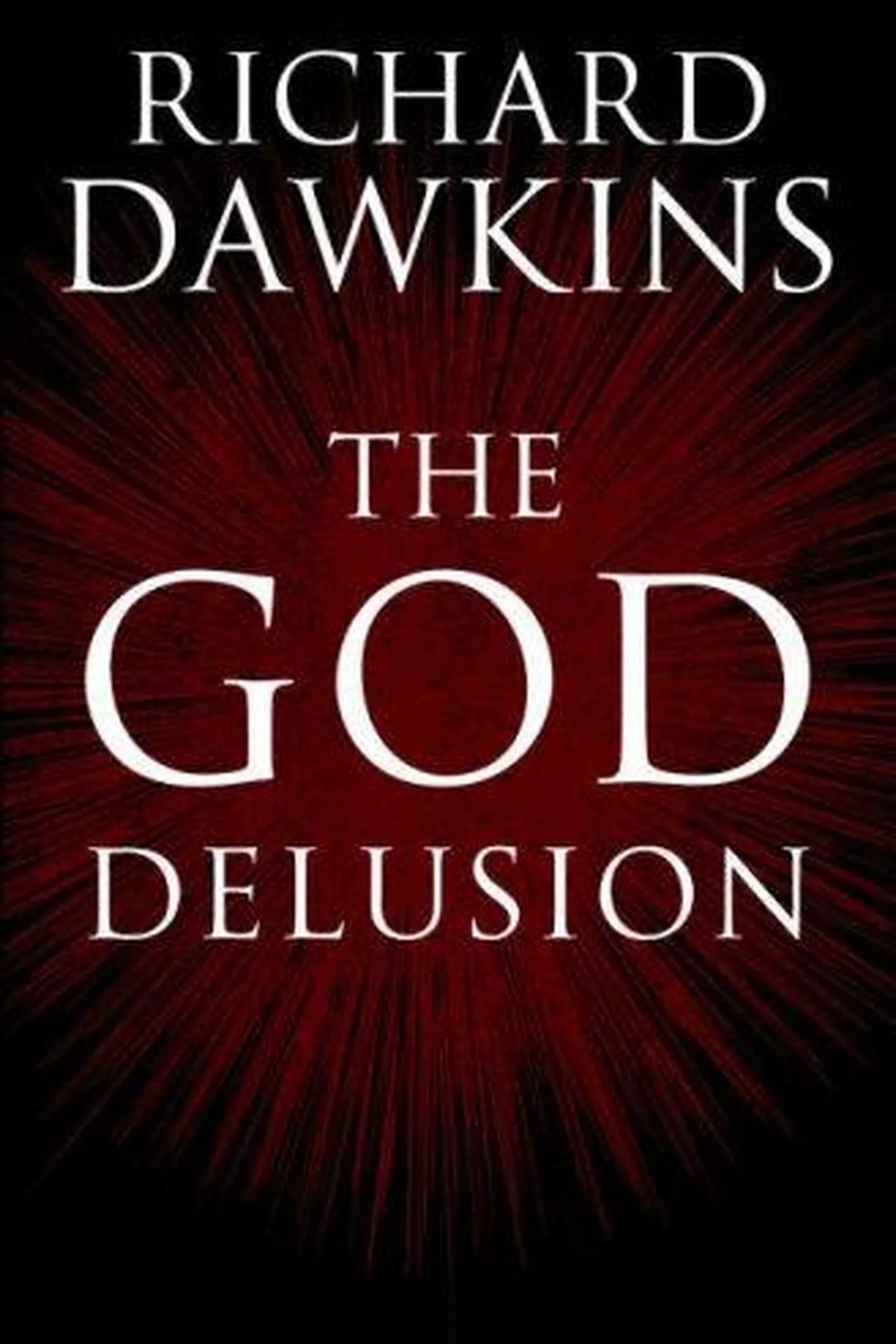The God Delusion, Richard Dawkins, 2006
- Author: Richard Dawkins
- Genre: Religion
- Publisher: Houghton Mifflin Harcourt
- Publication Year: 2001
- Pages: 464
- Format: Paperback
- Language: English
- ISBN: 978-0618918249
- Rating: 4,1 ★★★★☆
The God Delusion Review
The God Delusion by Richard Dawkins is a direct, provocative case for atheism and for thinking clearly about belief. Published in 2006, it argues that a supernatural god is unnecessary as an explanation for life, meaning, or morality. For you, this book offers a firm tour through science, skepticism, and the habits of mind that help separate wonder from wishful thinking.
Overview
Dawkins takes apart classic arguments for God: design, first cause, moral authority. He replaces them with evolutionary logic and a sense of awe grounded in evidence. You will see how he treats religion as a cultural inheritance that can be examined like any other idea. The tone is plainspoken and sometimes sharp, but the goal is clarity, not cruelty.
Summary
The early chapters define the God Hypothesis and explain why complexity does not require a designer. Middle chapters critique religion’s role in education, politics, and personal identity. A late section argues that morality can grow from empathy and reason without divine command. Without spoiling examples, the book’s best moments pair crisp explanations with memorable thought experiments. The takeaway is simple: you can keep wonder and lose superstition.
Author
Richard Dawkins is an evolutionary biologist known for making hard ideas feel clean and navigable. You benefit from his analogies, his patience with logic, and his enthusiasm for the beauty of the natural world.
Key Themes
You will explore science as a source of awe, skepticism as a civic duty, morality without revelation, evolution as the engine of complexity, and culture as a system that copies ideas for reasons beyond truth.
Strengths and Weaknesses
Strengths: clarity, pace, and a solid toolkit for critical thinking. Weaknesses: a combative tone in places, limited empathy for religious experience, and quick passes over philosophical nuances. Overall: an energizing brief for evidence and intellectual honesty.
Target Audience
Best for readers curious about atheism, students of science communication, and anyone who wants arguments they can test rather than slogans they must accept.
Favorite Quotes
Short lines land: faith is not a virtue, complexity has a history, awe needs no altar.
Takeaways
For you, the key takeaway is that explanations improve when they make fewer assumptions and face more tests. Keep curiosity, demand evidence, and let your sense of wonder grow from what is real.
| pa_author | Richard Dawkins |
|---|---|
| ISBN | 978-5-457-30040-8 |
| pa_year | 2008 |
| Pages | 540 |
| Language | English |


